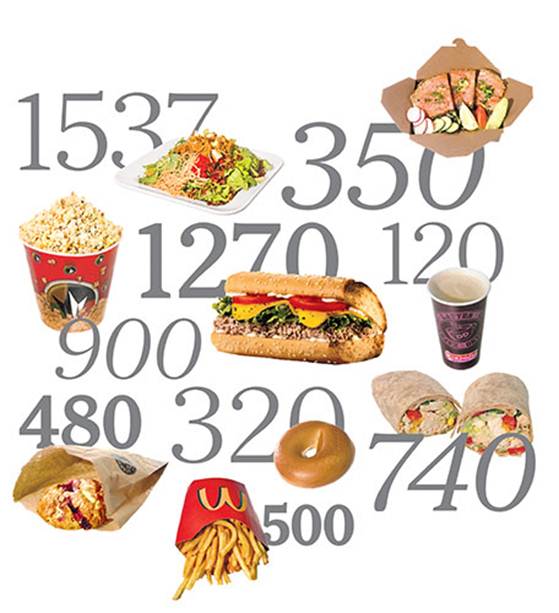New research suggests Government guidelines
for weight loss may be flawed – so what’s the best way to shed unwanted pounds?
Traditional weight-loss advice has always
advocated the steady and slow approach. According to health guidelines from the
National Institute for Health and Clinical Excellence (NICE), this can be
achieved by cutting 500 calories a day, which will lead to a weekly loss of a
pound of body fat for as long as you keep this up.
Is this the end of calorie counting?
However, influential new research from Dr
Kevin Hall and his team at the University of Maryland in the US has found that
these conventional guidelines may be seriously flawed. ‘People have used this
rule of thumb to predict for decades now, but it turns our to be incredibly
wrong,’ he told nutrition academics at a conference at the American Association
for the Advancement of Science.
Metabolic changes

Instead,
people may be failing to realize that they need to eat less and less core
calories as they lose weight.
‘The reason it’s wrong is because it
doesn’t account for the metabolic changes that take place when people change
their diet. We know that if you cut the calories in somebody’s diet their
metabolism starts to slow down and it slows down more and more the more weight
is lost. So eventually you’ll reach a plateau,’ he said.
Hall has created a detailed and complex
mathematical weight-loss model which tracks carbohydrate, fat and protein
intakes and how they interact with the human body and metabolism. He has found
that while people initially lose weight loss eventually plateaus – partly
because their metabolism lows down. This means that weight loss may take twice
as long as official guidelines suggest.
However, according to registered dietician
and spokesperson for the British Dietetic Association Gaynor Bussell (womens
nutrition4health.com), there may be other reasons why weight loss might take
longer than expected which have nothing to do with metabolism slowing. Instead,
people may be failing to realize that they need to eat less and less core
calories as they lose weight.
‘As people lose the first tier of weight,
they become lighter. This means they need less total calories than they did at
the start of the weight loss – heavier people need more calories per day just
to fuel their bodies and keep going. The lighter the body, the less the daily
requirements will be. So people will have to recalculate their total calorie
intake when they’ve lost some weight and shift it downwards. This could cause
the plateau and could be wrongly attributed to metabolism slowing,’ says
Bussell.
‘It doesn’t mean the advice is flawed, but
it does mean you need to rethink your food intake at each stage of weight loss.
Heavier bodies at the start of a diet just need an awful lot more calories and
lighter bodies take less effort to move around.’
Traditional advice

‘Don’t
be putt off losing weight for health reasons for fear that it will slow your
metabolism’
In addition, the plateau may simply be down
to people not sticking to their diets rather than a slowing metabolism, say
some dieticians. After several weeks of cutting calories and early weight loss,
motivation and willpower can give many as people sneak more treats and calories
than in the early days of the programme.
Bussell says that more research is needed
into metabolism and dieting before dieticians will be changing their advice.
She adds that dieticians are already aware of the plateau effect caused by
becoming lighter and losing motivation, and already take into account. ‘Don’t
be putt off losing weight for health reasons for fear that it will slow your
metabolism,’ she says.
Registered dietician Natalie Whitehead
(healthcareandpamper.com) agrees that dieticians are already aware of the
plateau effect, but she says traditional advice is still good for the general
population because it is ‘simple and practical’. ‘Dieticians are already aware
of Dr Hall’s findings and offer individual advice with this in mind, adapted as
a patient loses weight,’ she says. ‘Most people need practical advice, and
calculating the requirements may be too confusing.’

‘Most
people need practical advice, and calculating the requirements may be too
confusing.’
‘Your metabolic rate is better described as
your energy requirement,’ explains Whitehead. ‘This is largely dictated by body
weight. The more you weigh, the higher your energy requirement. Reducing your
weight reduces your requirement or rate. A 500 Kcal deficit does roughly equate
to a pound of weight loss, but only when deducted from someone’s energy
requirement, which needs to be reassessed when their weight plateaus.’